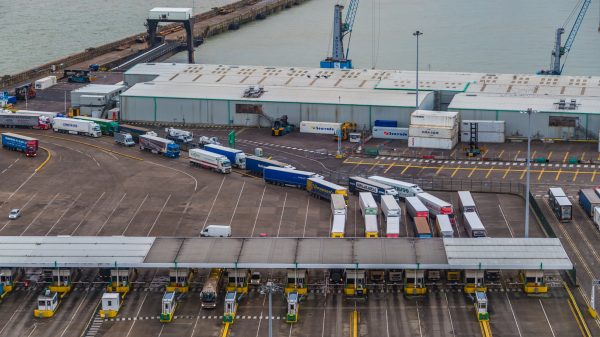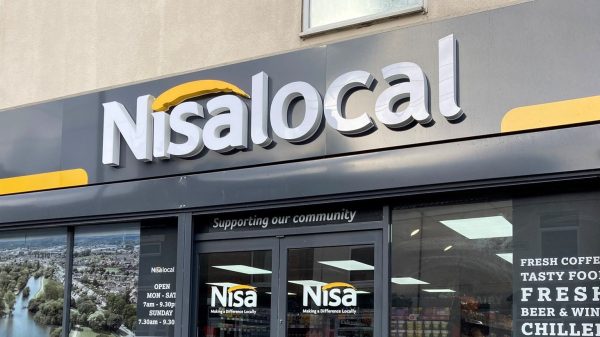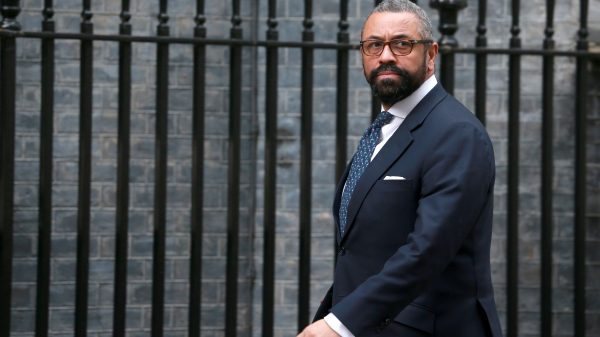With Liz Truss entering her position as Prime Minister and Boris offering his resignation with a timely departure speech, the country is positioned for a drastic change in leadership.
While exact details of the prime minister’s moves are not yet known, Truss’s plan to help consumers, businesses and retailers with their energy bills this winter appears to finally be taking shape.
The new Prime Minister reportedly plans to keep bills for a typical households at or below the current price cap level of £1,971.
Energy bills are due to go up 80% to £3,549 from 1 October and could potentially reach as much as £5,000 next year, leading some to speculate on a freeze on corporate tax and operational bills.
This policy would see ministers overrule the energy regulator, Ofgem, and effectively set the price that households and businesses pay.
National Energy Action estimates that keeping the cap at its current level would prevent 4.4 million entering fuel poverty from October.
It is estimated that the whole package could cost as much as £130 billion over the next 18 months.
Retailers
With soaring energy bills, supply chain and production costs and a cost-of-living crisis thrown into the mix, retailers have recently been taking matters into their own hands.
For example, frozen goods retailer Iceland announced it would be offering a zero-interest loan scheme; ranging from £25 to £75, to support parents over the summer holidays.
Many other supermarkets have been making similar moves, with ‘Kids Eat Free’ schemes and loyalty programmes with a range of deals and discounts.
“Liz Truss will need to demonstrate strong leadership as the cost-of-living crisis deepens,” British Retail Consortium CEO Helen Dickinson, says.
She adds: “Retailers continue to play their part, keeping prices as low as possible and helping households by offering discounts to vulnerable groups, expanding value ranges, raising staff pay, and offering reduced-cost or free children’s meals.
“One immediate way the government can help retailers support their customers is to freeze the business rates multiplier for all retail businesses for the next financial year, protecting the industry from rates increases linked to inflation, and giving greater scope to hold down prices, protect jobs, and support the economy.”
After months of economic hardship, Dickinson says the retail industry is ready to work with the new government help deliver economic growth. However, businesses will certainly need clarity on the government’s intentions as soon as possible so they can understand the inflationary impact of any policy decisions.
Unions
Retail trade union Usdaw has called on the newly announced Prime Minister to immediately tackle the cost-of-living crisis, while putting aside the promises of tax cuts for the rich and threats of divisive trade union restrictions that featured prominently in her leadership election campaign.
The retail trade union argued that tax cuts for the rich and attacks on workers’ rights under Truss’ leadership would be a disaster for the country.
“Many of us watched Liz Truss’ leadership campaign in horror as she demonstrated economic illiteracy by promising unfunded tax cuts, disparaged desperately needed help on rocketing energy prices as ‘handouts’ and launched ideological attacks on trade union members engaged in lawful industrial action to secure a fairer deal during a cost-of-living crisis,” Usdaw General Secretary, Paddy Lillis says.
“Such an attack on people protecting their incomes would clearly demonstrate the incoming Prime Minister has no understanding of the very real issues that face workers.
“With an estimated 12 million households facing fuel poverty, the British public will be disgusted with a new Prime Minister that prioritises unfunded tax cuts and attacking trade unions over tackling the cost-of-living crisis that the Tories themselves have created. That would be a disaster for the country.”
Food and drink wholesalers have laid out a five-point manifesto for the incoming Prime Minister which will support food distribution in the UK and boost the wider economy.
The actions include an immediate cut in fuel duty and a return to the 12.5% VAT rate for hospitality businesses.
Federations:
In a letter to Rishi Sunak and Liz Truss, the Federation of Wholesale Distributors has told the Conservative Party leadership candidates that its members have been disproportionately affected by the Covid-19 pandemic, labour shortages and the Ukraine war, which have resulted in a huge increase in the costs of doing business.
Wholesalers which provide food to schools, prisons, and care homes as well as shops, restaurants and pubs say rising wages, commodity prices and energy costs are combining with consumers’ falling disposable income to create a credible challenge to the food distribution supply chain.
They are asking the next Prime Minister to adopt five actions that will protect food prices and availability in these exceptional trading circumstances, including:
Cutting fuel duty by 15p per litre, scrapping or delaying forthcoming policies which would drive up food prices, allocating more funding towards public sector food budgets, using new border controls to provide sufficient labour for food production and distribution, and returning to the 12.5% VAT rate for hospitality.
“Ensuring a robust, safe, varied, and competitive food distribution network must be among the new Prime Minister’s first priorities,” Federation of Wholesale Distributors CEO James Bielby says.
“Costs are going to continue rising, and be passed on to the public, unless the government intervenes immediately.”
“The UK retail sector is the single largest employer outside of the public sector and the largest employer of young people in the whole country.
“As such, we at the Retail Trust believe that we need and deserve to see much clearer leadership from government around the big structural issues that have caused the retail industry so much pain over the last five to 10 years and people working in the sector so much uncertainty,” said chief executive of charity for retail workers Retail Trust, Chris Brook-Carter.
The British Independent Retailers Association (Bira) has also called on the new Prime Minister to immediately address the economic challenges facing the country.
In an open statement to the UK’s new leader, Bira’s CEO Andrew Goodacre urged them to look at support for the high street and deliver.
Goodacre states: “We hope that as well as campaigning to secure the votes, the new Prime Minister has also been working on plans to address the immediate economic challenges, both short term and medium term.
“BIRA has been raising concerns since last October and we have continued to work with government departments to help them understand the challenges faced by retailers and the high street in general.”
Truss delivery service
In her leadership victory speech new PM Liz Truss repeated three times “We will deliver.”
UK businesses, from retailers to manufacturers, are bracing themselves for what could be a roller-coaster ride, as new Prime Minister Liz Truss takes over. Against a background of economic turmoil following Brexit, the pandemic and soaring energy and food costs, Truss is taking the helm at a time with more economic uncertainty than ever before.
But what she needs to deliver on exactly is as follows: freeze to energy bills, Brexit protocol, corporate tax cuts, business rates cuts, VAT cuts and transport infrastructure in order to keep things running smoothly for the foreseeable future.










